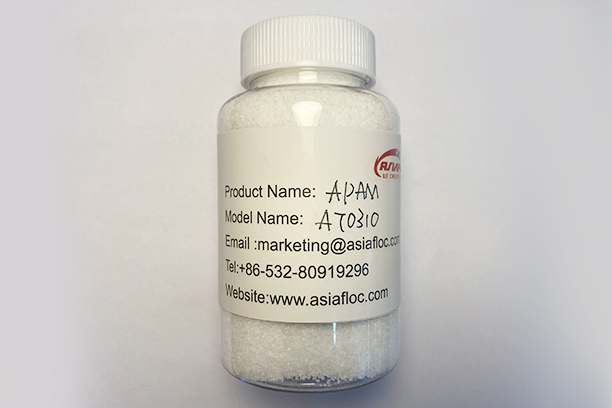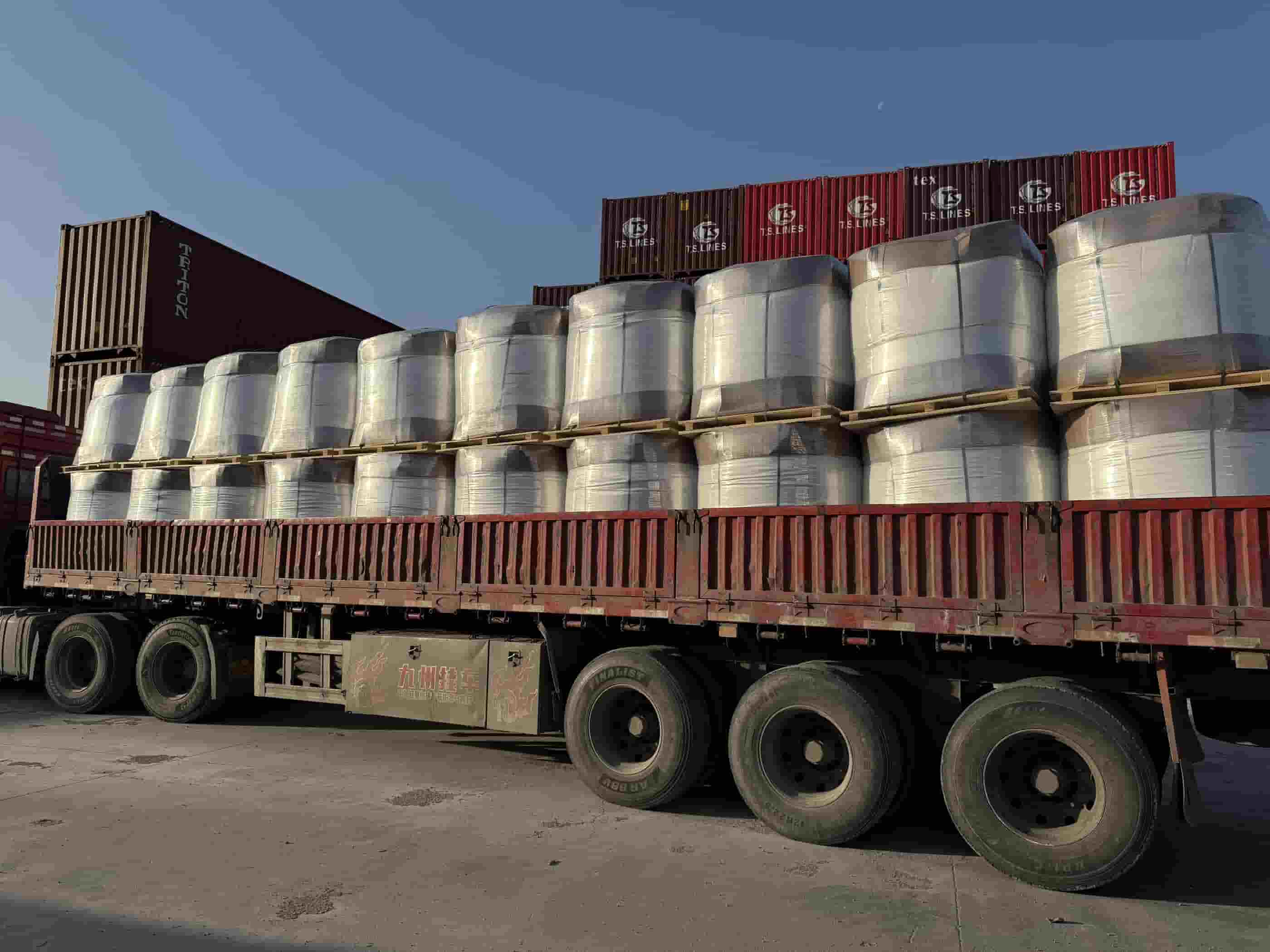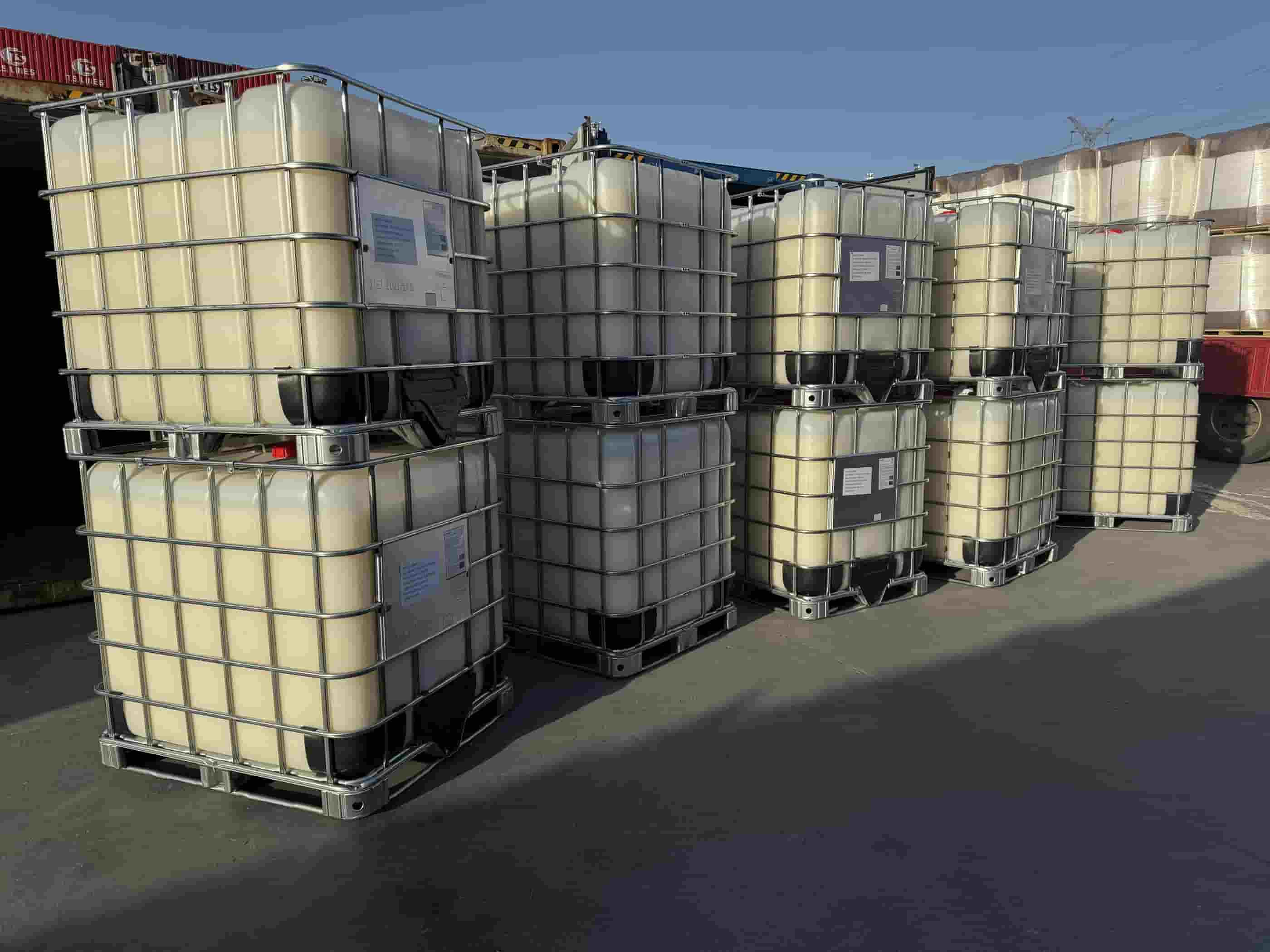Anionic polyacrylamide, referred to as APAM, the product appearance is white powdery particles. Is organic polymer flocculant, coagulant aid, is a water-soluble polymer, due to its molecular chain contains a certain amount of negative group, it can pass the suspended solid particles in the water adsorption, adsorption by bridging between the particles and charge neutralization, forming large lumps of flocculation, under the influence of gravity, speed up the settlement of suspended solids in wastewater. Polyacrylamide has good flocculation, thickening, resistance reduction, dispersion properties, soluble in water, insoluble in benzene, ether, ester, acetone and other organic solvents.
Application of anionic polyacrylamide (KEMIRA) in oil field and water treatment
Color
- white powder
Application
- water treatment
Certificate
- iso9001
Place of Origin
- china
Other Names
- flocculant
CAS No
- 9003-05-8
Brand Name
- chinafloc
Application of anionic polyacrylamide (KEMIRA) in oil field and water treatment
Product Introduction:
Anionic polyacrylamide, referred to as APAM, the product appearance is white powdery particles. Is organic polymer flocculant, coagulant aid, is a water-soluble polymer, due to its molecular chain contains a certain amount of negative group, it can pass the suspended solid particles in the water adsorption, adsorption by bridging between the particles and charge neutralization, forming large lumps of flocculation, under the influence of gravity, speed up the settlement of suspended solids in wastewater. Polyacrylamide has good flocculation, thickening, resistance reduction, dispersion properties, soluble in water, insoluble in benzene, ether, ester, acetone and other organic solvents.
Polyacrylamide CAS No. 9003-05-8, implementation standard: GB17514-2008/GB12005. Gb APAM polyacrylamide quality assurance, product stability.
Product use:
Anionic polyacrylamide is mainly used in various industrial wastewater flocculation sedimentation, air flotation process, solid-liquid separation, precipitation and clarification, enhance the concentration of sludge sludge concentration. Generally in steel wastewater, electroplating waste water, coal washing wastewater, washing wastewater, ceramic wastewater, printing and dyeing wastewater, textile wastewater, mineral processing wastewater and chemical wastewater, pharmaceutical wastewater, oilfield tertiary oil displacement agent, paper making retention agent, filter aid, the paper wet strength enhancer, papermaking waste water treating agent and so on, at the same time thickening viscosity can be used in building glue, putty powder, etc.
Product features:
1, high molecular weight, solid content standard, good flocculation effect, small dosage.
2, flocculation forming fast, flocculation group solid, precipitation clarification, solid-liquid separation speed.
3. According to different water quality and PH value of sewage, the water treatment effect is very good after selection.
Product usage:
Water treatment flocculant PAM polyacrylamide coagulant will be used with PAC polyaluminum chloride coagulant, generally add PAC polyaluminum chloride first, then add PAM polyacrylamide. The two agents can not be directly added to the sewage, need to be dissolved with water after the use of agent solution treatment of the production process of sewage. Note that the dissolved pharmaceutical solution must be mixed evenly with sewage after use will be better. Dosage of reagent solution should be adjusted, do not overdosing at one time (overdosing will not work well).
PAC polyaluminium chloride dissolution and use:
When dissolving, choose clean and clean water, such as tap water, not production sewage, temperature is normal, do not heat, stirring can quickly and fully dissolve.
Dissolve and stir the polyaluminum chloride agent and water in a ratio of 1:3. After the agent is completely dissolved, dilute it with 30-40 times of water. Adjust the concentration of the polyaluminum chloride agent solution according to the turbidity and concentration of the treated sewage.
PAM polyacrylamide dissolution and use:
1, when dissolving, choose clean and clean water, such as tap water, not production sewage. Dissolution can be done with water at room temperature without heating. The dissolution will be slow if the water temperature is lower than 5℃. The dissolution can be accelerated if the water temperature is properly raised, but the water temperature should not exceed 40℃.
2, the preparation of dissolved polyacrylamide concentration recommended 0.1-0.3%, that is, a liter of water add 1-3 grams of agents. The solution concentration follows the following principles:
(a) The dispensing tank is small, but the dosage is large, and the concentration of the dispensing agent can be appropriately raised, such as 0.3%;
Normal high molecular weight polyacrylamide solution concentration of 0.1%;
(b) It is recommended to prepare agents at a low concentration to facilitate adequate mixing of sewage and agents;
3, when dissolving the agent, we must pay attention to fully stirring until the agent is completely dissolved. No visible snowflake solid suspended substance is in the agent solution. The agent is transparent and colorless when it is completely dissolved.
4, do not use iron containers to prepare or store polyacrylamide solid agents and solution agents.
Product packaging and storage:
1, polyacrylamide product packaging uniform 25 kg/bag, plastic moisture-proof film, kraft paper bag double packaging.
2, the shelf life of the product is 2 years, need to store in a cool, ventilated and dry place, pay attention to moisture.





551.jpg)
